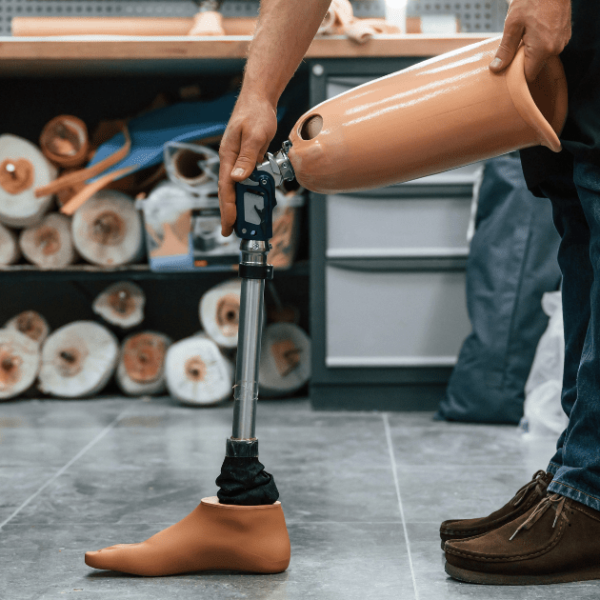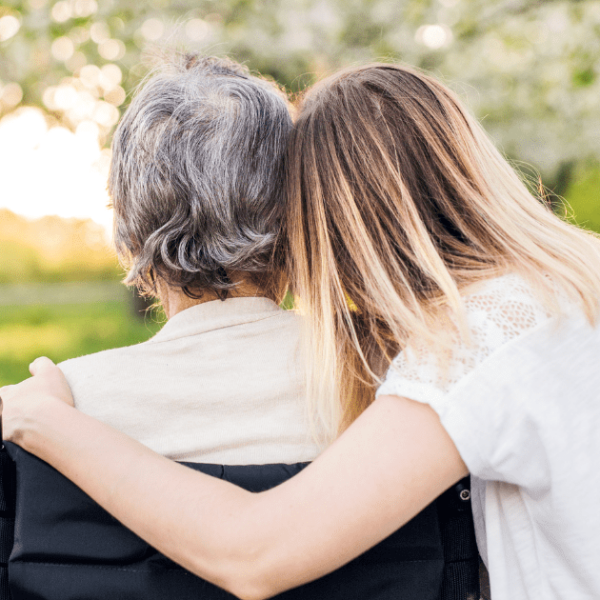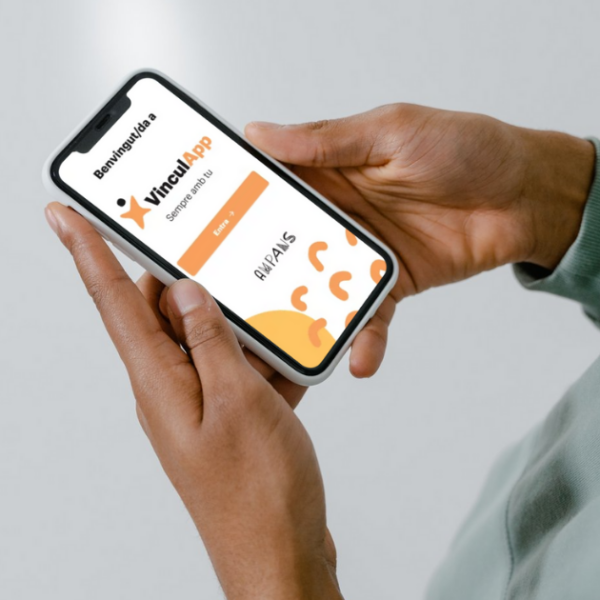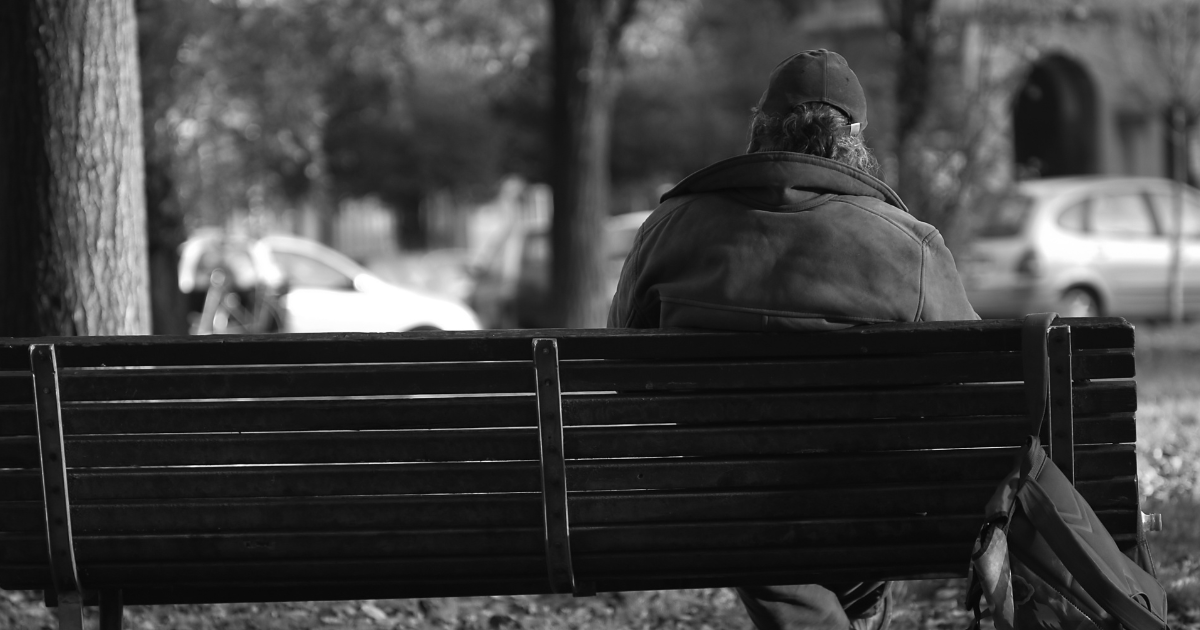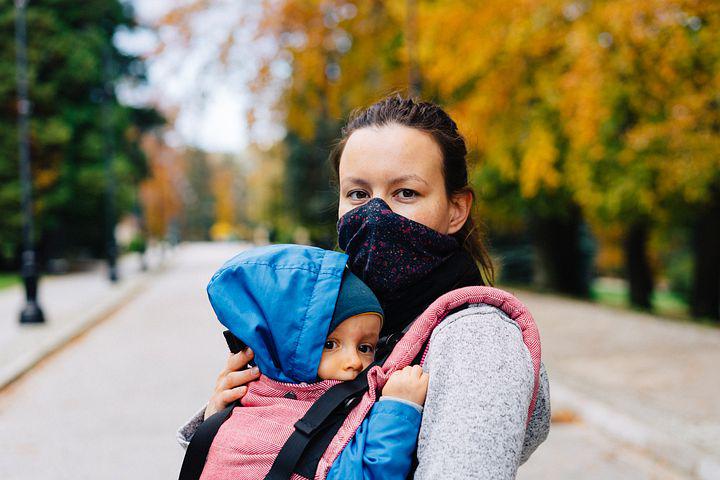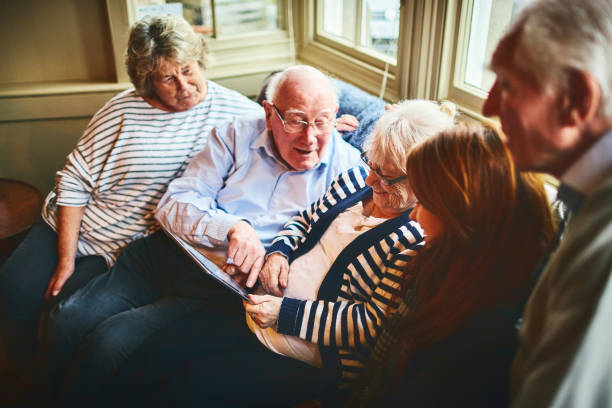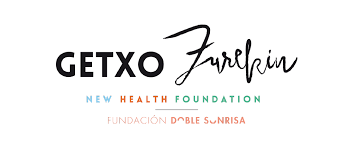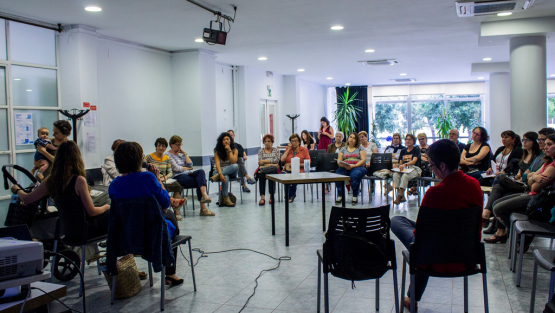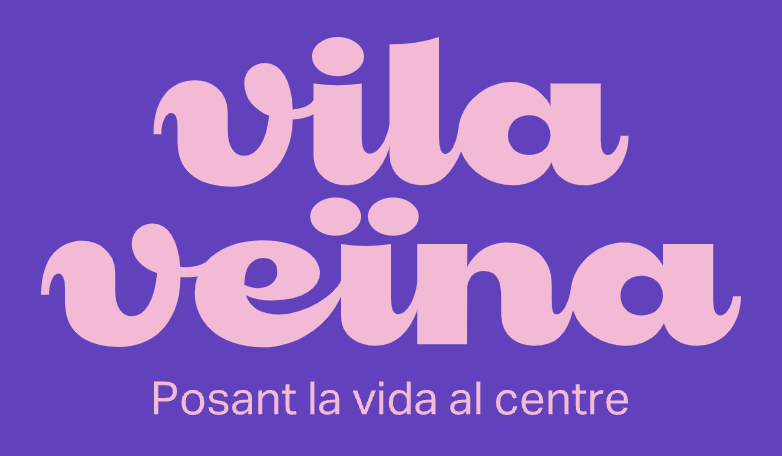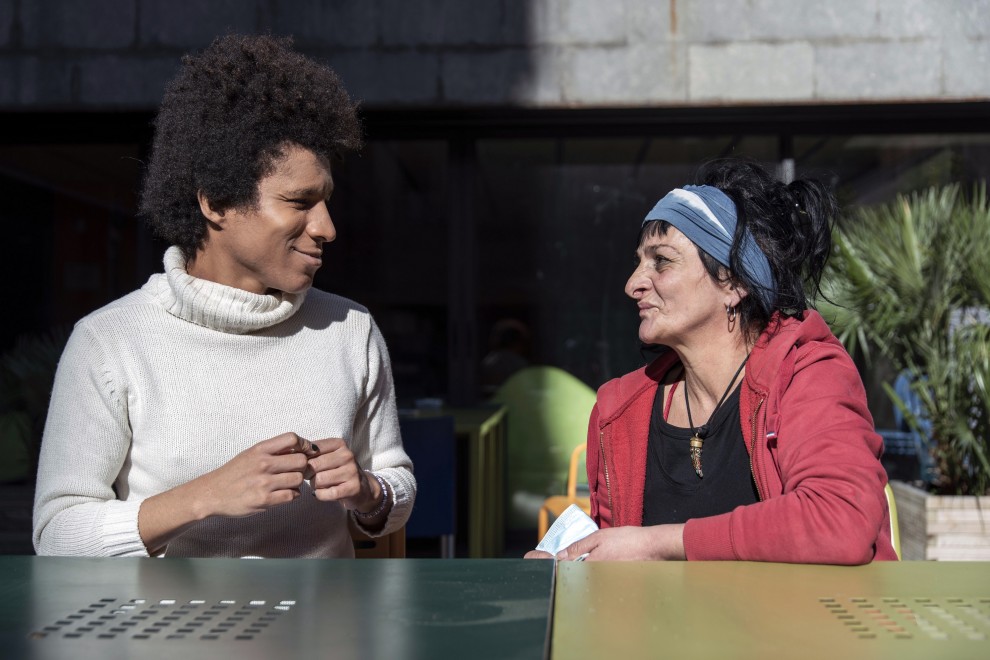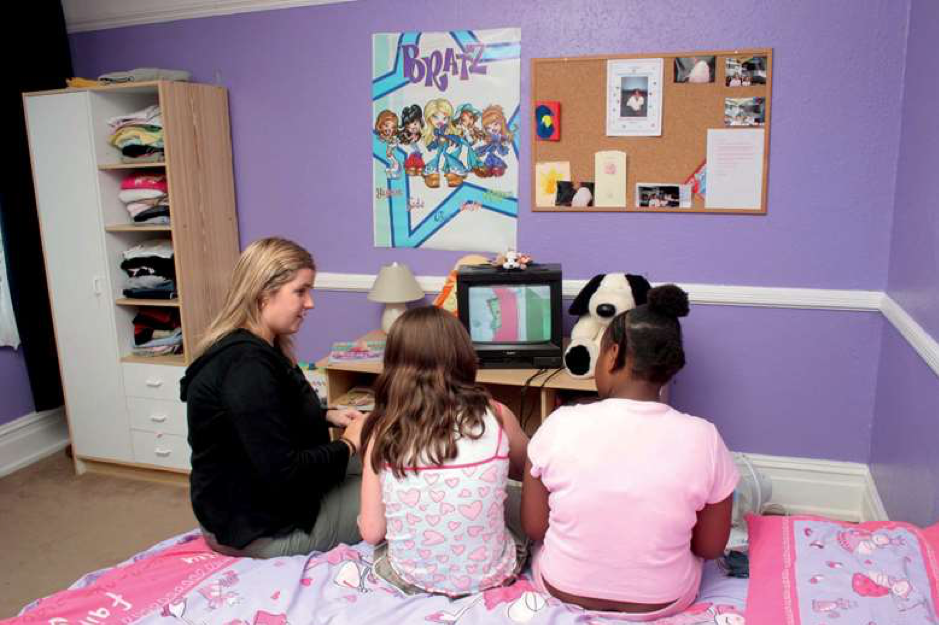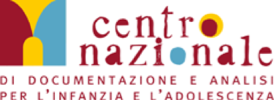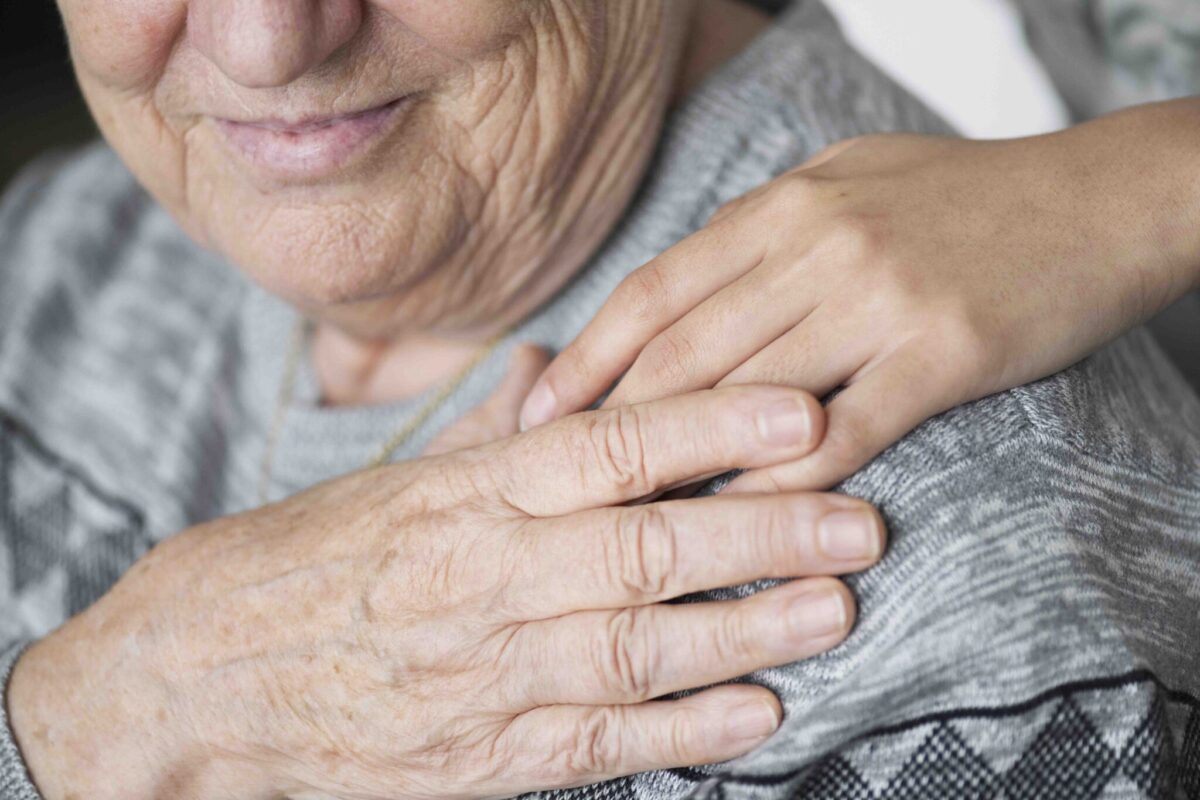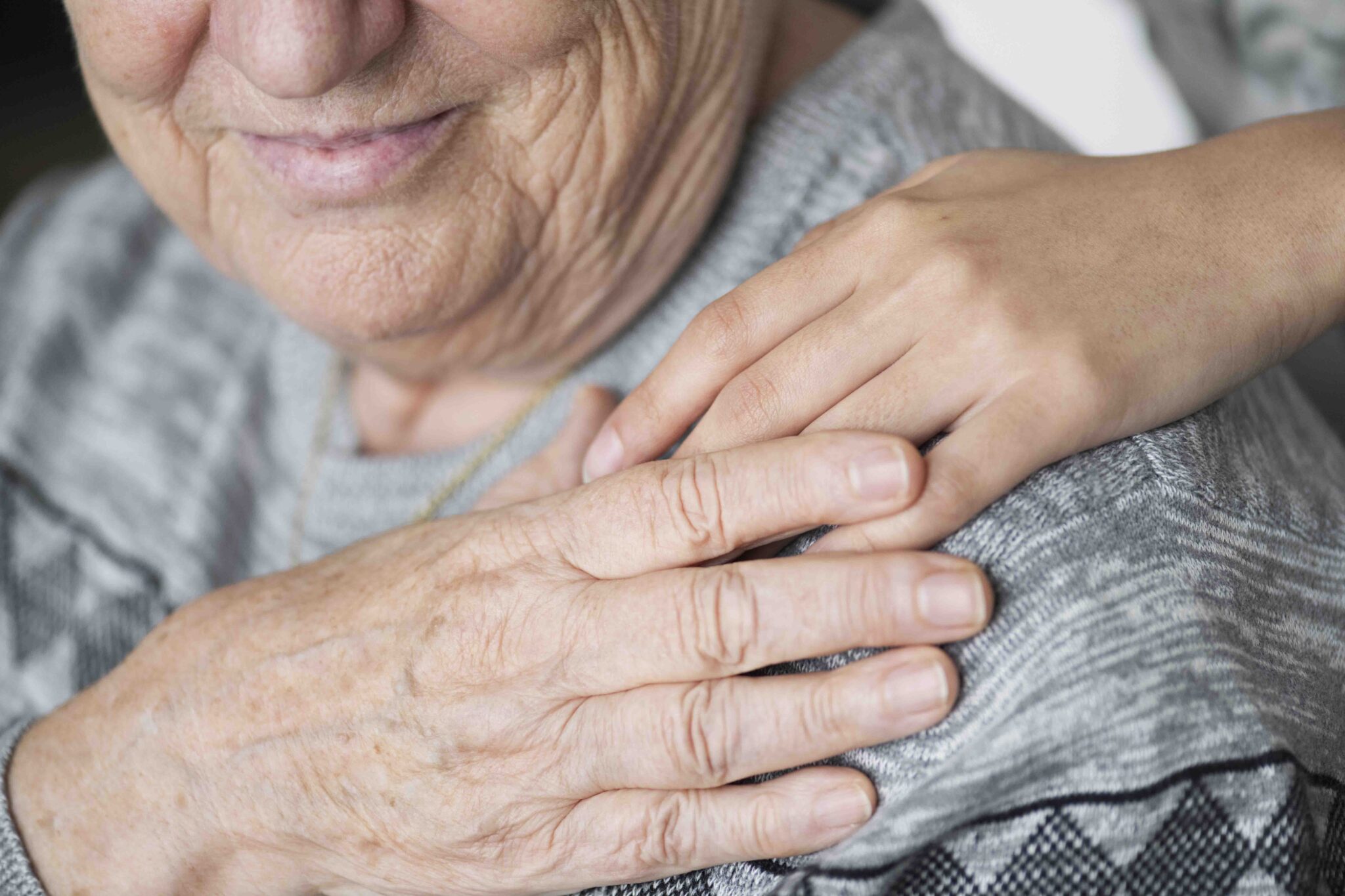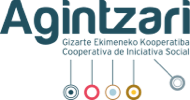The Access Hub, a multi-institutional support center for homeless people
The Access Hub, a multi-institutional support center for homeless people
Simon Community
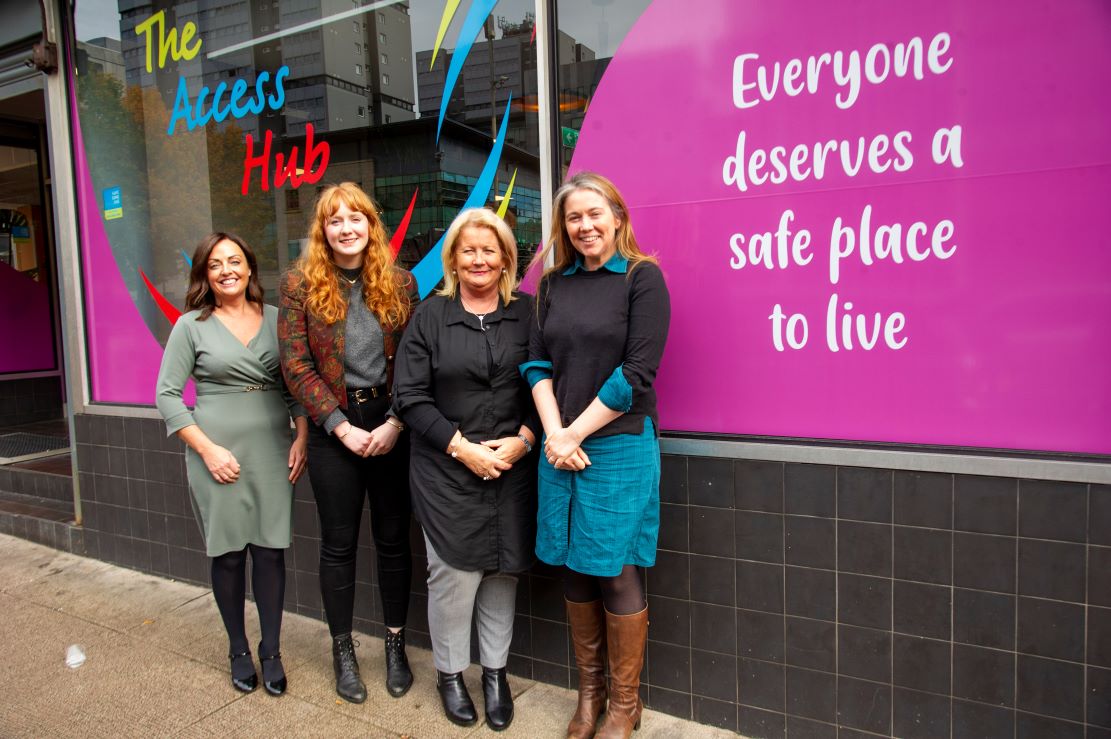
An innovative multi-institutional counseling and support center for homeless people. It is a space designed to ensure that users feel that their well-being is a priority and to make it easier for them to obtain the accompaniment and support they need.
The key to the center is the participation of more than 20 organizations, all of which offer their services under one roof. This removes many bureaucratic barriers that often hinder access to critical services. In addition, the organizations’ partners are in contact and work more efficiently, offering solutions with multiple viewpoints, even in the most difficult circumstances. Users can access more than 40 supports provided by a wide range of experts, from financial and legal support, to digital, health or wellness advice.
Just walking into the building, the user meets a person instead of a reception desk. The goal is to offer a space of connection and tranquility, giving a welcoming and comfortable feeling to ensure a safe and comfortable place. To achieve this feeling, the space has high quality furniture and finishes. Colors are chosen in a way that is not over the top, but with originality and awareness.
The center hopes to break the mold of the usual service delivery by offering a space that is easily accessible, modern and adapted to the needs of the users.
Localization
Glasgow, Scotland
Partners / Funders
Glasgow City Health and Social Care Partnership, Glasgow City Mission, Marie Trust and Turning Point Scotland
Genesis
Turning to accompaniment and support spaces can be difficult for homeless people, many of whom find themselves in complex personal situations. In addition, once the resources offered are accessed, they have bureaucratic barriers and can be uncomfortable places to turn to.
That is why Simon Community opened in September 2022 a space where the person is at the center, and their comfort is the priority of the professionals, as well as the multi-institutional approach that facilitates the intervention.
Level of implementation
Working with over 80 people who show up every day, The Access Hub has been a game changer in supporting the homeless and has been instrumental in achieving and maintaining stable homeless numbers in the city.
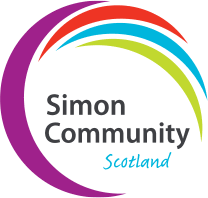
Banc d’innovacions



